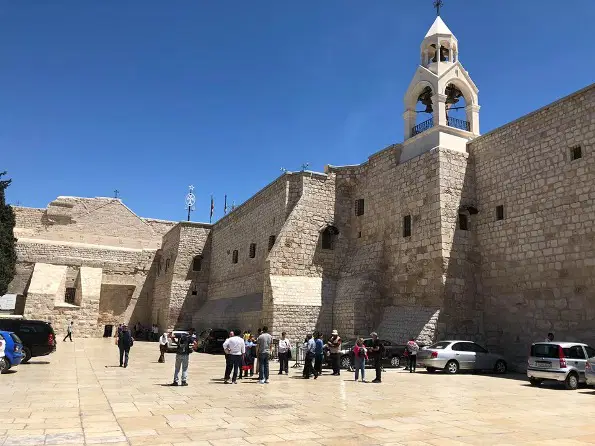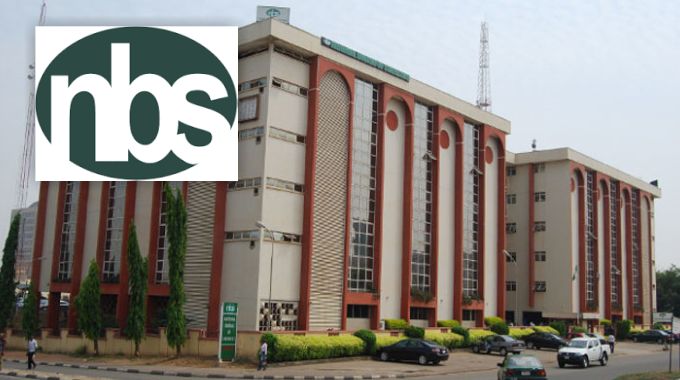
Religion has long played a crucial role in shaping human societies(cities), providing both unity and division throughout history.
The following ten cities have witnessed epic religious events and continue to serve as pilgrimage sites for millions.
1. Mecca, Saudi Arabia
Mecca, the holiest city in Islam, attracts millions of Muslims each year for the Hajj pilgrimage, one of the Five Pillars of Islam. This journey is obligatory for every capable Muslim at least once in their lifetime. Non-Muslims, however, are not permitted to enter Mecca. The city’s history dates back to a pre-Islamic legend involving Adam and Eve. More accurately, around 2000 BC, Abraham and his son Ishmael built the Kaaba, Islam’s most sacred site. In 570 AD, the Prophet Muhammad was born here, and later in 630 AD, he declared the city a center for Muslim pilgrimage.
2. Lhasa, Tibet
Lhasa, meaning “place of the gods,” was the home of the Dalai Lamas from the 1600s until 1959. Although Tibetans are now a minority, the city remains a hub for Tibetan Buddhism. Notable sites include Jokhang Temple and the Potala Palace, both UNESCO World Heritage Sites. Many pilgrims come to Lhasa to follow one of the three pathways that lead around Jokhang Temple, seeking spiritual merit.
3. Bethlehem, West Bank
Bethlehem is revered as the birthplace of Jesus, making it a major pilgrimage destination for Christians, especially during Christmas and Easter. It is also historically significant as the birthplace of David, the King of Israel. Despite the city’s tumultuous past, including numerous invasions and occupations, it remains a focal point of Christian pilgrimage. The Church of the Nativity, one of the world’s oldest churches, is believed to mark the location of Christ’s birth.
4. Varanasi, India
One of India’s most sacred cities, Varanasi holds religious importance for Hindus, Buddhists, and Jains. Legend states that the city was founded by Lord Shiva, while historical records suggest it emerged 3,000 years ago as a center for textiles. Many Hindus come to Varanasi to bathe in the Ganges River, which is believed to cleanse sins. The city is also notable as the place where Buddha delivered his first sermon.
5. Vatican City
Situated in Rome, Vatican City is the epicenter of the Roman Catholic Church. The world’s smallest independent state, it holds some of the most significant religious and cultural sites, including St. Peter’s Basilica, the Sistine Chapel, and the Vatican Museums. Once part of the Papal States, it became independent in the 20th century after a treaty signed by Mussolini.
6. Haifa, Israel
Haifa, a city on Mount Carmel overlooking the Mediterranean, is a center for the Bahá’í faith. The Bahá’í World Center, with its golden-domed shrine, is a UNESCO World Heritage Site. Bahá’í, a religion founded in 19th-century Iran, emphasizes unity among all religions and the oneness of humanity.
7. Salt Lake City, Utah
Salt Lake City was founded in 1847 by Mormon pioneers escaping persecution. Today, it serves as the headquarters of The Church of Jesus Christ of Latter-day Saints (LDS). The city’s religious landmarks include the iconic Salt Lake Temple, which took 40 years to complete, and the Family History Library, the largest genealogical library in the world.
8. Jerusalem, Israel
Jerusalem is a spiritual hub for Judaism, Christianity, and Islam. It has been a focal point of religious significance for millennia and has faced destruction and invasion multiple times. Sites like the Temple Mount, Church of the Holy Sepulchre, and the Western Wall draw millions of pilgrims annually. The Old City of Jerusalem, a UNESCO World Heritage Site, remains a testament to the city’s profound historical and religious legacy.
9. Pushkar, India
One of India’s oldest cities, Pushkar is a sacred site for Hindus. The city is associated with Lord Brahma, the Hindu god of creation. Pilgrims visit Pushkar Lake and the Brahma Temple, one of the few temples dedicated to Brahma. The city is also home to the Pushkar Fair, one of the world’s largest camel fairs.
Medina, Saudi Arabia
Medina is the second holiest city in Islam after Mecca. It is where the Prophet Muhammad sought refuge after being driven from Mecca. The Prophet’s Mosque, Al Masjid al-Nabawi, stands on the site of Muhammad’s home and is where he is buried. Only Muslims are permitted to enter the city, which serves as a key stop during the Hajj pilgrimage.
These cities offer a deep spiritual experience for visitors, filled with history and religious significance.











